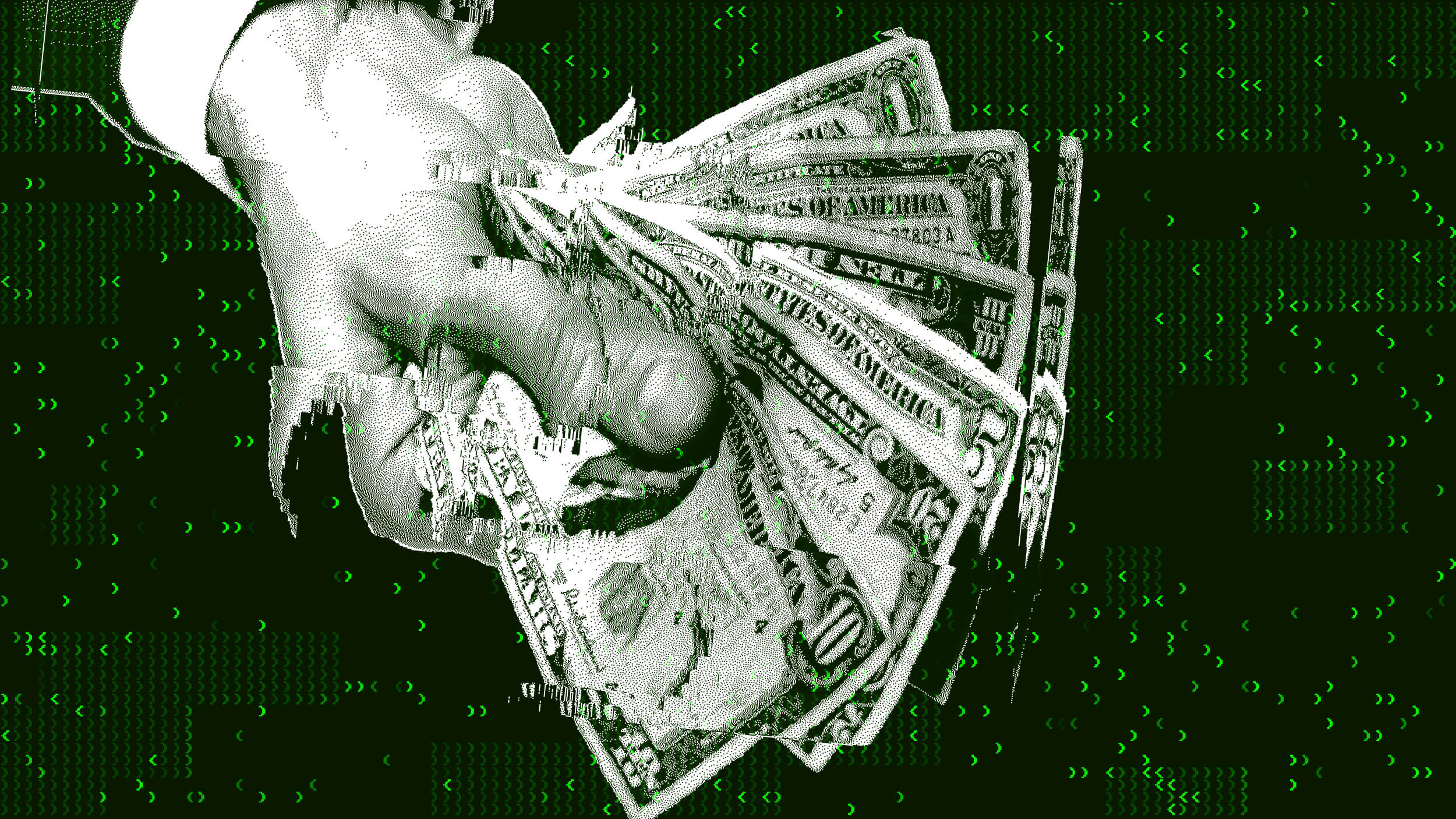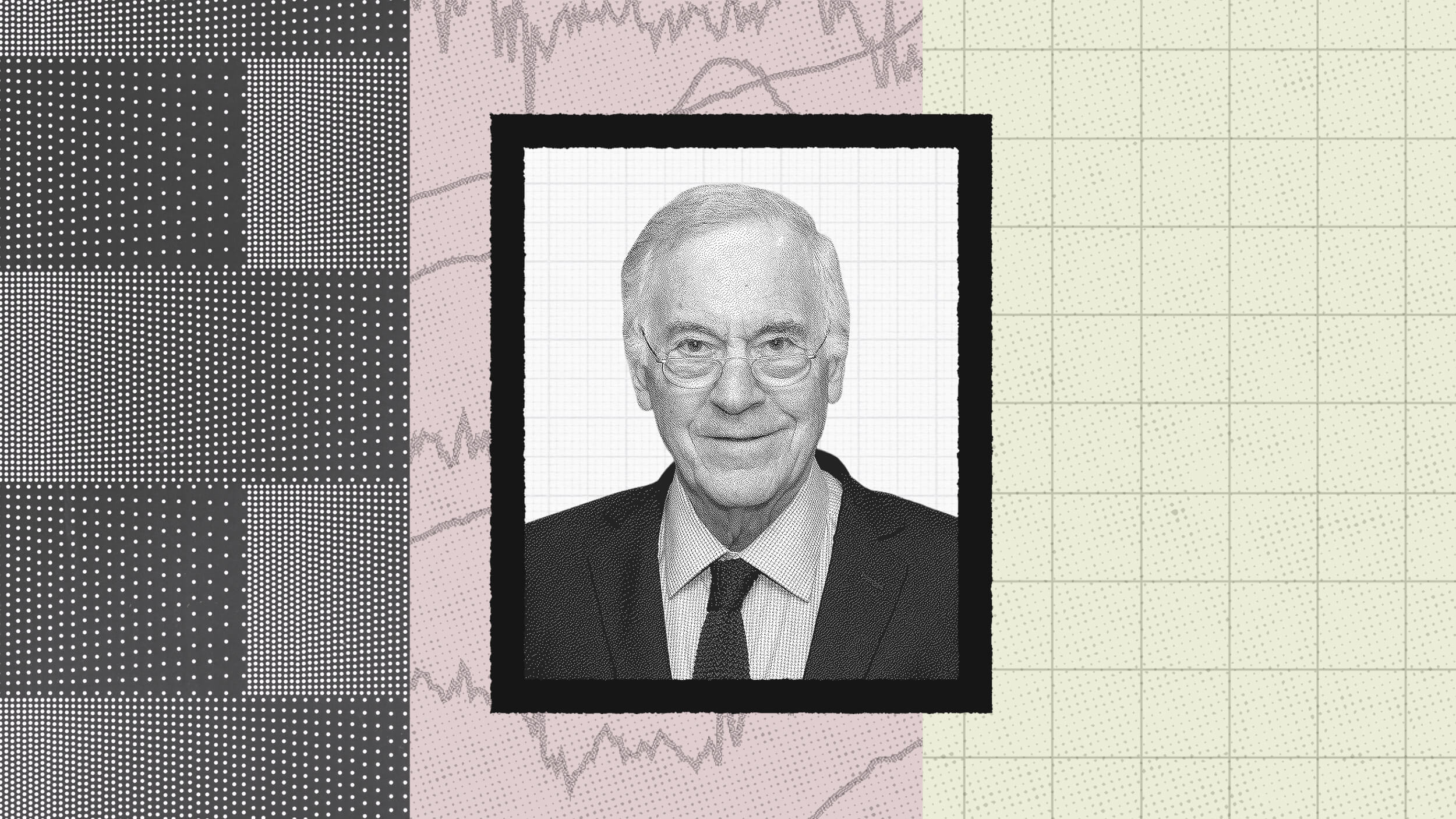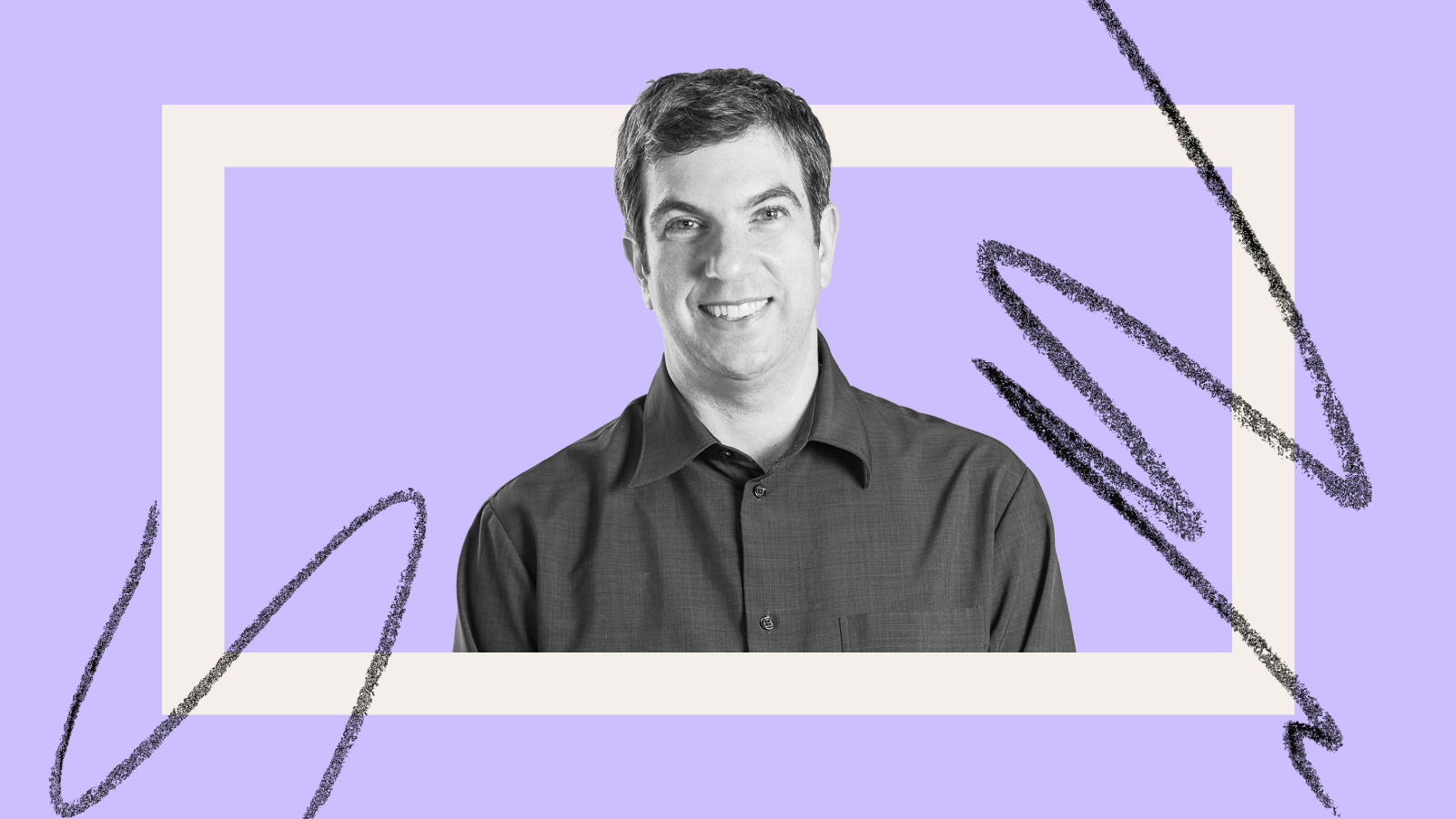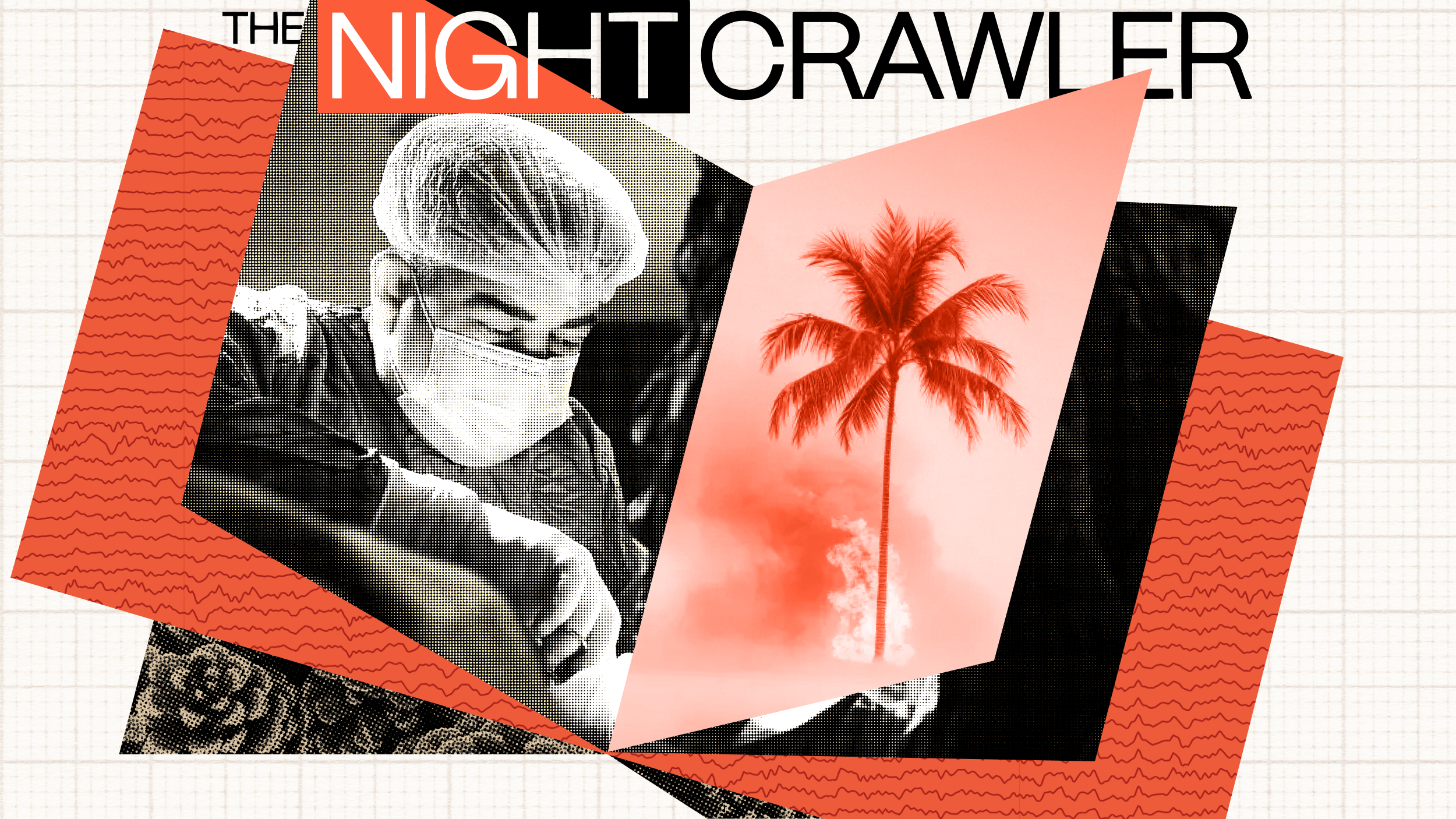Can Money Buy Happiness? It’s All Relative.

Psychologists and economists have long wondered whether increased wealth does indeed translate into happiness, and now new research indicates that to the (small) extent we are made happier by
our wealth, it is because we feel we achieve a higher social rank than those
around us who make less money.
Chris Boyce, a psychologist at the University of Warwick in the U.K., found in a recent study that while money itself and increased consumption of goods and services contributes very little to individual well-being, people do feel happier when their wealth gives them a higher status than their peers. Boyce told Big Think that this is one reason a society’s total wealth does not necessarily translate into its population becoming happier. As a result, he believes it may not make sense for countries to focus so much of their energy on economic growth.
“This [research] is by no means an endorsement that individuals should blindly
strive for more income but in fact an explanation as to why, in spite of
substantial economic growth, developed countries are not getting any
happier,” Boyce told Big Think. “What we should be doing is concentrating on areas of
our lives
that might bring substantially more happiness, such as our mental health
and spending time with our friends and family. Given the rank income
explanation it is not sensible for countries to pursue income growth.”
For other thoughts on the nature of happiness, check out Big Think’s interview with psychologist Gretchen Rubin, who talks about how even completing small tasks like making your bed every day can bring a person increased happiness. As well, Harvard psychologist Dan Gilbert, the author of “Stumbling Into Happiness” told Big Think that happiness is related to “affective forecasting,” whereby we try to ascertain how happy we will be before we make a decision.





